- The European Bank for Reconstruction and Development
is ready to lend a billion Euros a year to Egypt for reconstruction and
free-market reform -- even as Egypt's Minister of Finance Samir Radwan
has gone begging to the City of London bankers and the British Ministry
of Trade and Investment for relief on debt payments that are about to throw
Egypt into bankruptcy since Egypt has been such a good boy in privatization
and austerity to give Egypt a 7 percent growth rate mostly in investments
that will end up in international hands as ventures fail to pay out with
ever diminishing Egyptian domestic purchasing power.
-
- First EBRD will lend at interest and build what they
want backed by Egyptian collateral and the value of the projects themselves.
Then when it turns out they can't make the debt payments because of all
the interest we have sucked from them, we take over all of the assets we
have developed. That's freedom and EBRD is really going to give it to them.
After all EBRD is experienced at this. In 1991 the EBRD was organized to
financially lead Russia and Eastern Europe in their transition from paternalistic
socialism to sustainable free-market economies open to international investment.
-
- The U.S. is the EBRD's largest shareholder, although
the combined stakes of European Union nations give that bloc the greatest
say in how it operates.
-
- EBRD President Thomas Mirow in a speech at Oxford University
declared, "Twenty years ago, the EBRD rose to the challenge posed
by the collapse of communism. Today, in the Middle East..we are ready to
act again, championing the values that we hold dear. . . . We have the
ability to deliver the development of the private sector, particularly
the small and medium sized enterprises which drive job creation and thus
supplement the efforts of other international financial institutions which
focus on public infrastructure."
-
- European Union foreign policy chief Catherine Ashton
told Egyptian Foreign Minister Ahmed Aboul Gheit that the EU will permit
new loans and provide "expertise" if Egypt is willing to make
the necessary economic reforms to get them.
-
- Meanwhile new parties are being formed through Facebook
to counter the crowd out the Muslim Brotherhood. New Parties like the "25th
of January Party" -- no indication of what it stands for in the name
-- has garnered hundreds of thousands of "likes". Anothe Party,
the "Freedom and Justic Party" is a magnet for a secular pro-free-market
Egyptians looking for power and position in the new Egypt. But a hundred
other parties are being financed, each directed at peeling away one or
more demographic groupings from the Muslim Brotherhood.
- This important work is proceeding as the world is distracted
by the violence in Libya. By the time the world is ready to look at Egypt
again, the nation will show an entirely different political landscape.
-
- It is clear that the little people have lost again, that
Egyptians have lost their revolution and that the people simply are not
well enough informed to raise up their own alternative to domination by
International Finance. "The so-called Egyptian revolution has been
hijacked by the Rothschilds while the world has shifted its eyes to Libya.
-
-
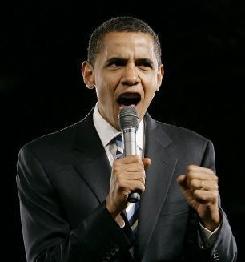
-
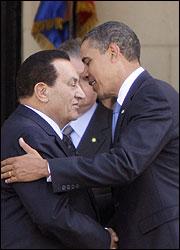 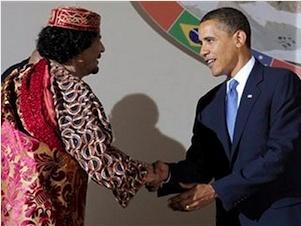
-
-
- "Citi has unveiled what it dubs the 3G countries:
Global Growth Generators. The 11 countries it picks out as leading lights
are Bangladesh, China, Egypt, India, Indonesia, Iraq, Mongolia, Nigeria,
the Philippines, Sri Lanka and Vietnam."
- -- THe Wall Street Journal 2-24-2011
-
-
- The closure of Egypt's banks for two of the past three
weeks has added strain on an economy already reeling from the evaporation
of tourism and a prolonged stock market closure caused by the political
upheaval that ousted longtime leader Hosni Mubarak. The bank shutdown and
the draining of ATM machines have paralyzed businesses and left ordinary
people scrambling for cash.
-
- The country's banks had long been a source of pride for
Egyptians, with its strong regulatory environment and their lack of investments
in the kind of toxic assets that hammered Western banks helped Egypt weather
the worst of the global financial meltdown.
-
- Two weeks Moody's Investors Service downgraded its credit
ratings for five Egyptian banks. Future loans from international agencies
will depend on eliminating those regulations and meeting other benchmarks
for free-market reform.
-
-
- Banks remained open the first few days of the 18-day
democracy uprising. But after a weekend of looting, arson and lawlessness
on Jan. 28-29, they closed for a week and many ATMs ran out of cash. The
following week, the banks closed. They reopened the week of Feb. 6-10 and
this week on Sunday. The military-led caretaker government has sought to
re-establish a measure of normalcy after Mubarak's ouster. Banks reopened
on Sunday and officials breathed a sigh of relief when a much-feared run
on them did not materialize.- the first weekday after Mubarak's ouster.
They closed again on Monday, the central bank ordering them to remain shut
at least until the start of next week on Sunday.
- A week ago, Credit Suisse estimated that the unrest had
cost the country at least $310 million per day, and predicted the Egyptian
currency would come under heavy pressure as investors shifted to dollar
deposits or pulled their money out entirely.
-
- The projections for economic growth this year were quickly
revised down from 6 percent to between 2 and 4 percent.
-
-
- ======================
-
- http://indiepropub.com/eu-bank-requests-more-funding-for-egypt/314037/
-
- The European Investment Bank (EIB) , on Tuesday, requested$1.4
billion is needed for lending from the European Union to support the transition
to democracy in Tunisia, Egypt and other Arab countries.
-
- In addition, the bank wants clearance to reinvest money
repaid from earlier transactions which will raise the total to $8.2 billion
over three years.
-
- EIB President Philippe Maystadt said the $8.2 billion
would allow them to do something significant in coming years, especially
for new projects in job creation for young people, who have become frustrated
with lack of job opportunities and as a result, become the main drivers
for uprisings.
-
- In 2010, the EIB lent a record $3.5 billion to projects
in the Arab region, making it the biggest provider of long-term financing
there, Maystadt said.
-
- That being said, Maystadt admitted of the $11.9 billion
allocated between 2008 and 2013, only about $3.8 billion is left, and they
are ready to do more.The EIB invests in new enterprises, lending funds
to small and medium-sized companies, as well as investing in new transport,
energy and infrastructure for new developments.
-
- Typically, it raises money by issuing bonds, guaranteed
by the EU against political risk.
-
- Current projects include Morocco, Tunisia, Syria, Egypt,
the Palestinian Territories, Lebanon and Algeria, but has not been authorized
to invest in Libya.
-
-
- ============================================
-
-
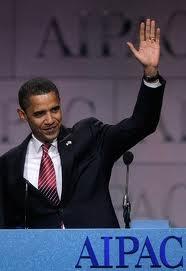
-
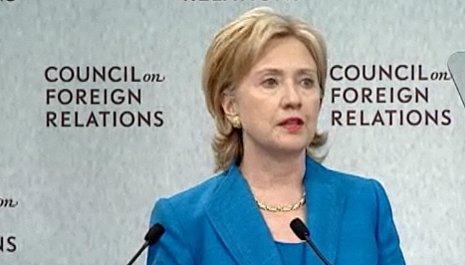
-
 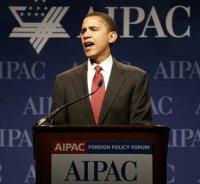 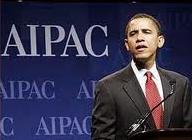
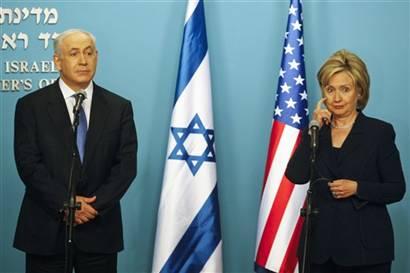

-
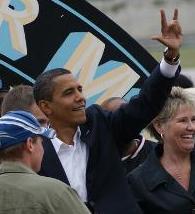 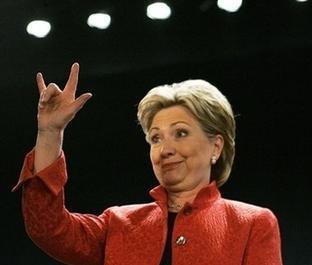
-
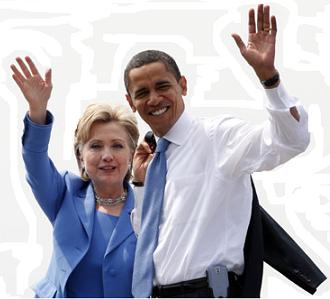
-
- "We love you, Egypt."
|